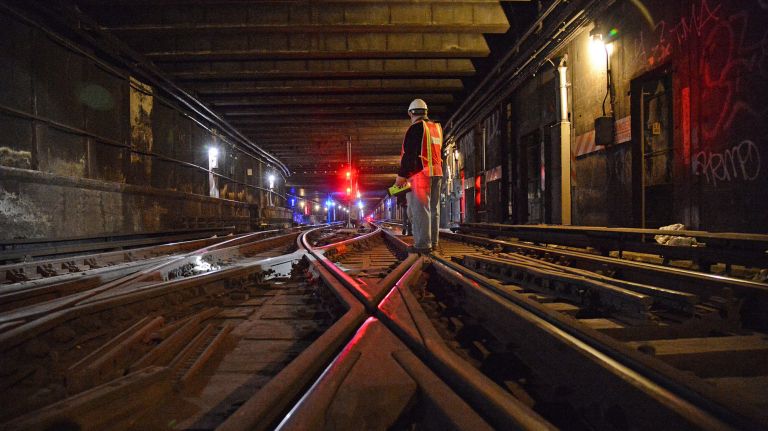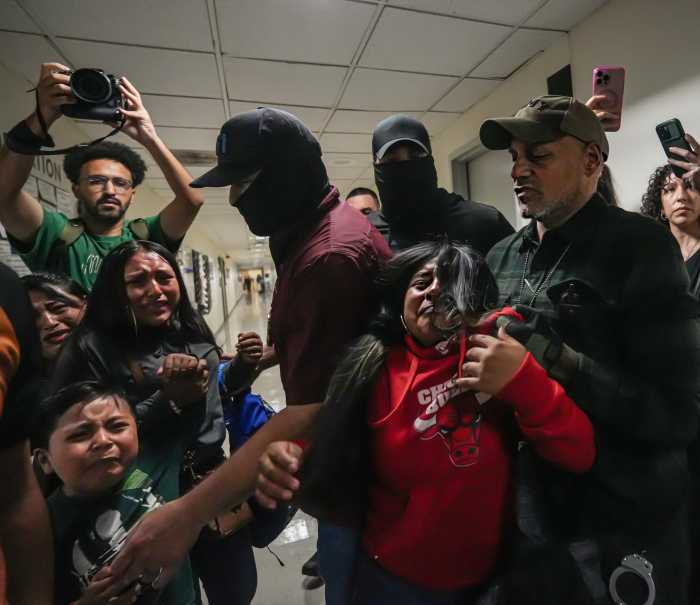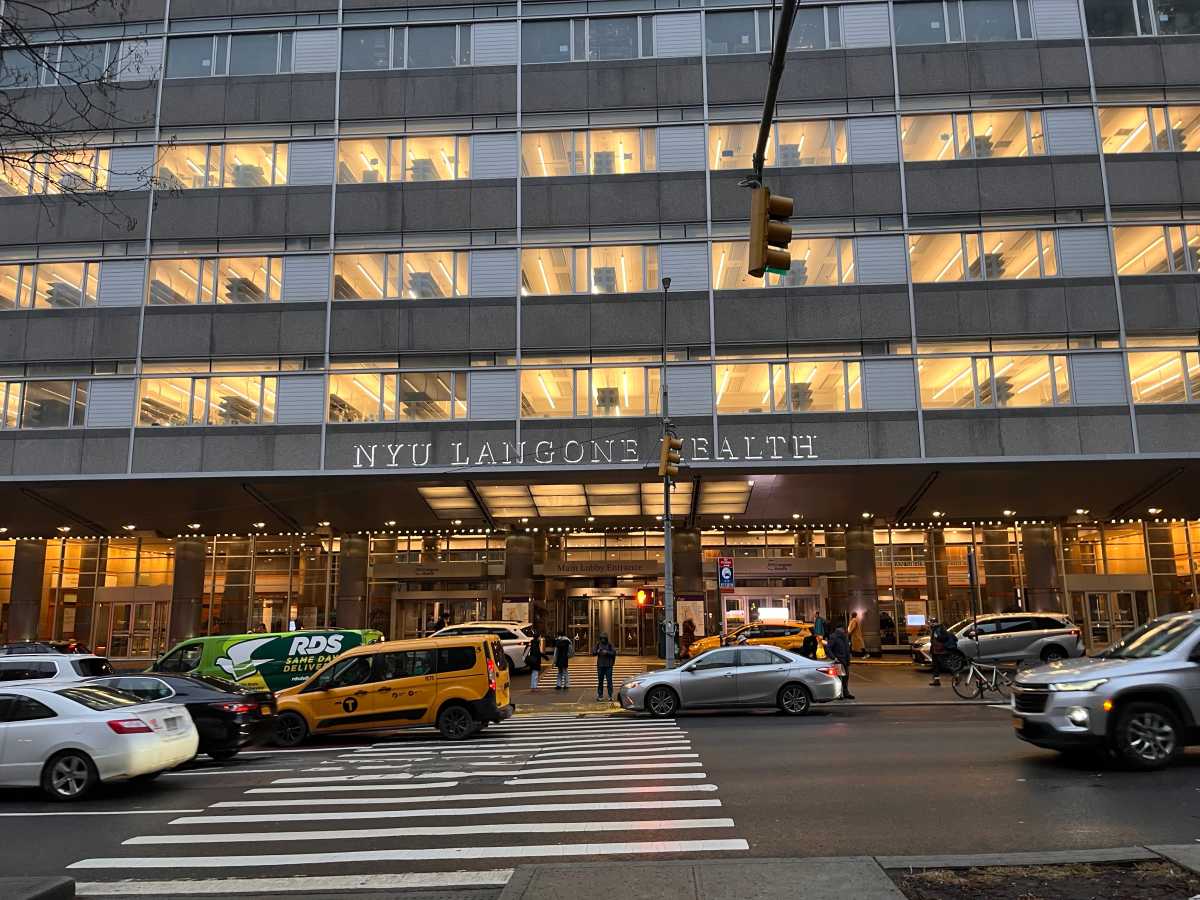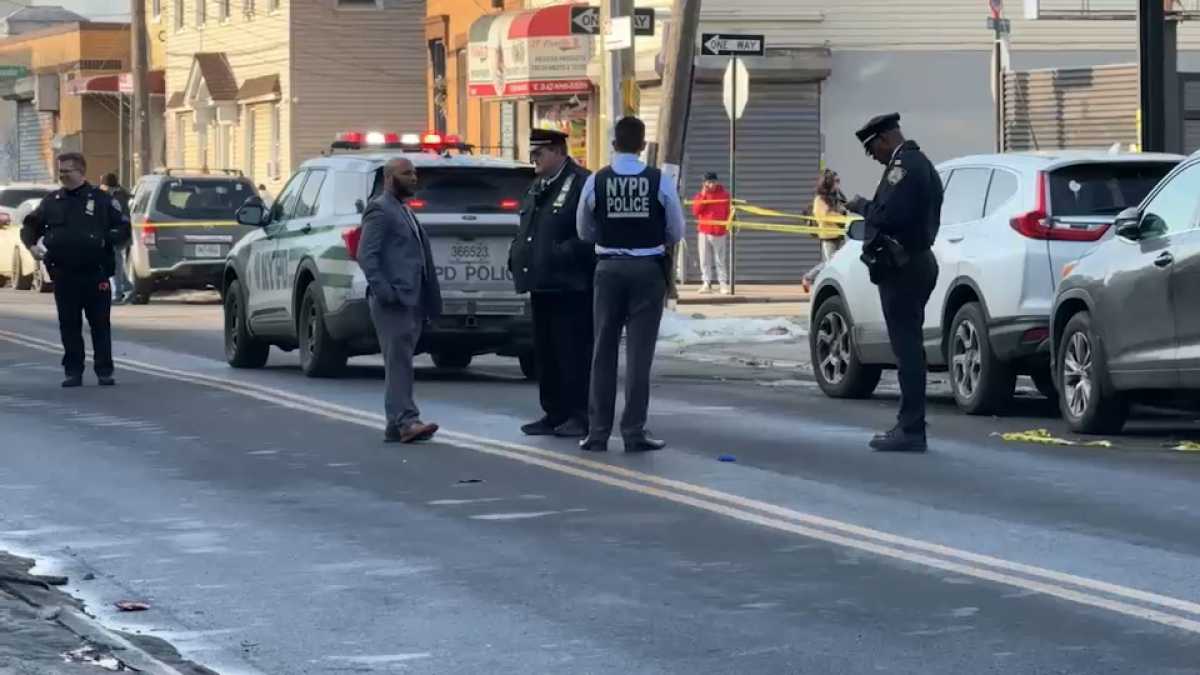The MTA hired employees convicted of serious crimes after both the authority and city botched worker background checks, according to a new audit.
The report, released Wednesday from the MTA’s inspector general, found that New York City Transit and the city Department of Citywide Administrative Services (DCAS) had “significant” flaws in their process to verify histories of the tens of thousands of Transit employees.
“The riders, taxpayers, and MTA workforce deserve an effective hiring process that ensures new employees are qualified, appropriately vetted and terminated quickly if they are found to have concealed significant facets of their past,” said MTA Inspector General Carolyn Pokorny in a statement. “Management needs to address this important safety matter promptly. Such diligence could mitigate the costly and risky process of hiring, training, and then eventually firing employees who were never eligible to be hired in the first place.”
During a 12-month period, DCAS failed to contact educational institutions or prior employers for at least 78% of the workers it reviewed — creating what is “largely an honor system” for potential hires, according to the report.
The poor vetting led to the belated termination of 11 bus operators between January 2015 and August 2017, during which roughly 2,600 were trained. Those fired employees were found to have been convicted of “serious crimes” in the past, including felonies of rape, robbery, criminal possession of a weapon and criminal sale of a controlled substance, the report found.
Many of the employees eventually terminated over their background had already completed “costly” training courses and were working in “safety-sensitive positions with direct customer contact,” according to the report.
DCAS is responsible for the background screenings for Transit employees and Bridge and Tunnel workers under state law, while Transit reviews backgrounds for non-civil-service jobs.
Auditors found that the structure resulted in poor communication between the agencies and flawed procedures that allowed applications with problematic backgrounds to slip through the cracks of the hiring process—problems the IG first found in a similar report issued 15 years ago, in 2004.
Pokorny’s office concluded that a two-agency background check process presents a “fundamental problem” and that the top officials at DCAS and MTA Transit must work together more closely to figure out a better vetting process. Transit had previously failed in seeking full autonomy over its background checks, according to the report.
The MTA in its response agreed with much of the findings and pledged to increase verifications to “the extent feasible given current…resources.” It also plans to continue to push for full control over its’ employee checks.
A DCAS spokesman called the report “seriously flawed.” The agency said it is only responsible for checking education and work histories if the potential employee has a criminal background.
“DCAS does not conduct background checks for the vast majority of NYCT employees, including in some of the examples erroneously cited in this report,” the spokesman said in a statement. “For the limited number of background checks we do conduct, we depend upon the timely receipt of information from NYCT… we look forward to addressing this with NYCT, as background checks offer an important way to ensure the suitability of job applicants and should be conducted expeditiously.”
Aaron Donovan, an MTA spokesman, assured that the authority had a “rigorous” screening process.
“In the period of time covered, there has been no reported issue attributed to an employee not being properly screened,” Donovan said in a statement. Our dedicated security team works diligently to ensure the safest possible environment for both our employees and customers. On those occasions where background checks have identified serious problems, the individual, and/or the hiring process, has been immediately terminated.”







































